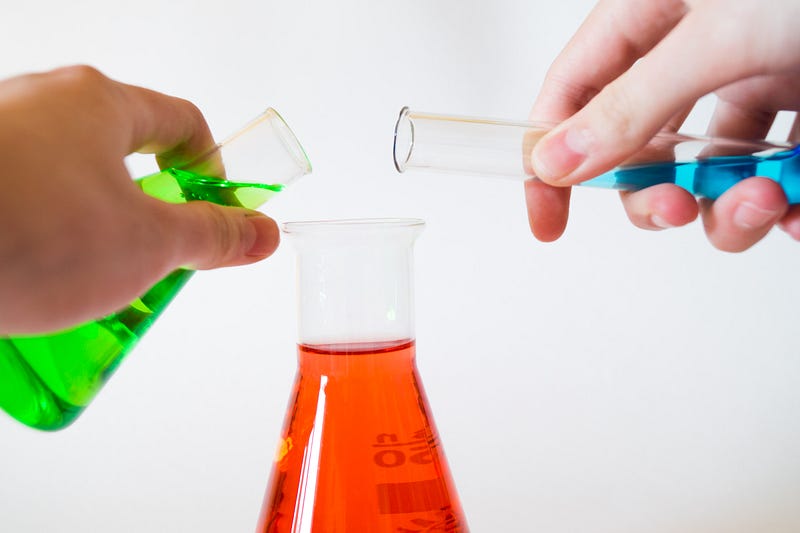Modern Alchemy: Transforming Chemical Waste into Pharmaceuticals
Written on
Chapter 1: Historical Perspectives on Alchemy
Throughout history, the quest to transform base materials into precious substances has captivated cultures worldwide, from ancient Egypt to medieval Europe. The mythical pursuit of turning lead into gold or discovering a universal cure has long been a part of human imagination.
While these age-old alchemical aspirations were never realized, they did lay the groundwork for modern scientific principles through unexpected discoveries and systematic methodologies. Understanding the foundational properties of materials is critical for any successful transmutation, and this knowledge has evolved significantly over time.
In contemporary science, we recognize that matter is composed of atoms, and the unique characteristics of substances arise from the types of atoms involved, their combinations, and their structural configurations. Although manipulating individual atoms is still nascent in our technological capabilities, we are gaining profound insights into molecular interactions. More importantly, we are creating advanced computational tools that excel at analyzing extensive datasets, surpassing human capacities. Machine learning is now a vital asset in drug repurposing efforts, allowing researchers to sift through vast chemical libraries to pinpoint existing medications that may be repurposed for new therapeutic applications—such as using Bumetanide or Viagra for treating Alzheimer's disease.
Chapter 2: Alchemy 2.0 - From Waste to Value
In a world already grappling with pollution, we should redirect our modern alchemical efforts away from creating new weapons and toward addressing environmental challenges.
Enter Allchemy—a sophisticated software platform that boasts over 10,000 expert-coded chemical reactions. This innovative tool can create extensive synthetic pathways, enabling the conversion of waste materials into valuable products. These end products are often of pharmaceutical significance but can also serve purposes in agriculture or the flavor and fragrance sectors.
Recent research utilizing Allchemy has generated vast synthetic networks from around 200 commercially recycled waste chemicals, identifying tens of thousands of pathways that lead to approximately 300 significant drugs and agrochemicals. Notably, many of these waste-derived products include some of the most widely prescribed medications globally, such as albuterol (ranked 7th), ibuprofen (29th), and carvedilol (33rd).
The study also highlighted potential synthetic routes for drugs beneficial to COVID-19 patients, including cisatracurium (a muscle relaxant), midazolam (a sedative), and propofol (an anesthetic). However, these theoretical pathways must undergo experimental validation, a process that the researchers are currently pursuing for various compounds, including carvedilol.
While the potential for such a system is promising, the researchers emphasize that achieving widespread adoption will likely require encouragement from regulatory bodies in the chemical industry. Unfortunately, financial incentives often drive progress more effectively than mere discussions about sustainability.
As we look to the future of green al(l)chemy, the challenge lies in urging the industry to embrace these transformative practices.
Thank you for reading! If you're interested in exploring broader concepts in science, philosophy, technology, and psychology, consider subscribing to my newsletter, Thinking Ahead. It's free and designed to provoke thought without overwhelming your inbox.
